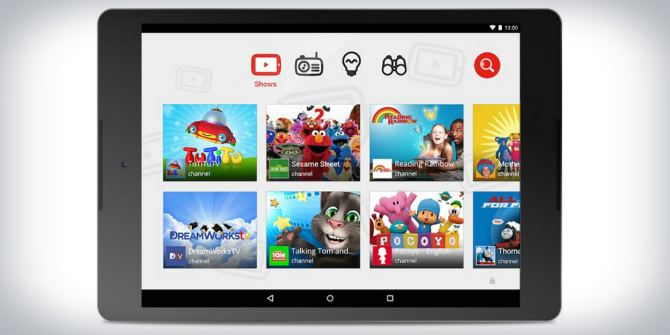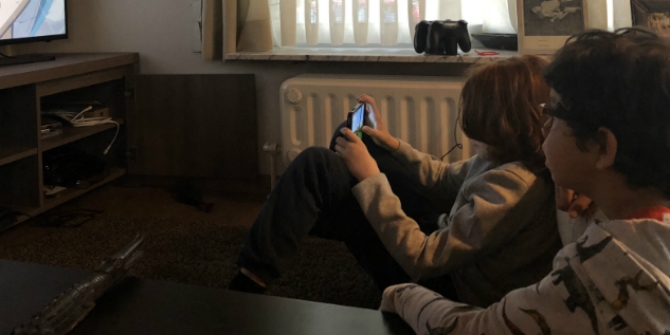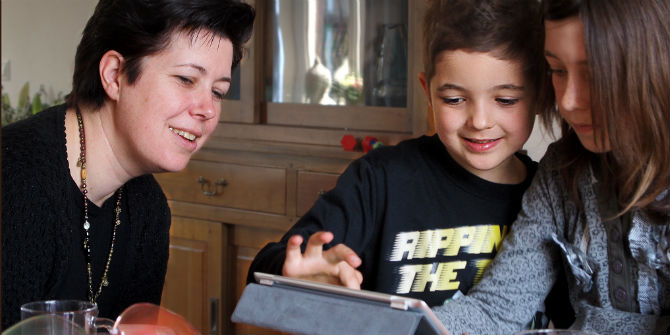As the summer draws to a close and a new term begins, we take a look back at our most recent posts.
Risks and rights
We highlighted the growing number of children participating in new forms of online gambling in the UK due to a lack of up-to-date legislation, and how technology is being developed to help prevent the misuse of live-streamed video on social media platforms. We also discussed the ways in which the social context influences the extent to which children might be exposed to risks online, for example the failure to discuss issues of online abuse in Saudia Arabia and pornography in New Zealand, due to cultural taboos. A recent study has also explored how cross-generational support within families in the US involves grandparents, parents and children all helping one another to stay safe online.
Opportunities for participation
More positively, there has been plenty of discussion around the opportunities that the internet presents to young people. The Kids on Earth study has documented how digital media has shaped the learning and literacy of hundreds of children around the world. And as our forthcoming book will show, parents themselves are optimistic about their children’s futures, and value the role that technology will play in their learning, creativity and preparation for future careers. Yet one contributor warned that the rights of children to participate online have been ignored by existing legislation which has focused more on protection. A review of existing studies found that there was a positive relation between young people’s digital media use and offline civic and political participation. A recent Global Kids Online report comparing children’s online activities in three different countries found that there is a ‘ladder of participation’, from sociable to civic activities, with not all children progressing up the ladder.
Digital literacy and learning
The role of media in learning and the need to learn more about using the media, were also important topics. We examined why children in their early years must be given both high-quality print and digital reading materials in order to develop their reading skills. A Finnish study of how very young children use technology in the classroom demonstrated that they were able to use and understand digital technology in a way which supported their activities and play. As media consumption increasingly moves online and via personal devices, children need more help than ever to identifying high-quality learning content, as recommended by a new Childwise report. The need strengthen sex education in UK schools to include digital forms of media was also featured.
If you haven’t already subscribed to our blog, sign up here.
Inequalities in media production and use
How inequalities impact media use and content production was a key research area. A long term study found that socially disadvantaged families strategise their media use to counteract their disadvantage, but that such parents needed more support in mediating their children’s media use. A project which looked at families who rejected digital technology found that they were often from lower educational and socio-economic status who lacked digital skills. But it concluded that the refusal of media could lead to more diverse forms of family interaction and activities. We also explored inequalities in the representation of Arab refugees in European children’s TV programmes, and how diversity policies within the production process can be strengthened.
Datafication and privacy
The growing datafication of society and the implications for families and children was also a concern. Recent research shows that companies are trying to harness children’s data both directly and indirectly through family members via social media. Our study on children’s data and privacy online, found that children are largely unaware of how commercial and institutional organisations use their data. And finally, one contributor argued that rather than only looking at the risks of datification, the Internet of Toys should be investigated as part of socially contextualised research which also considers the opportunities of such devices. Our recently developed toolkit for children to learn more about privacy online is available here.
This post gives the views of the authors and does not represent the position of the LSE Parenting for a Digital Future blog, nor of the London School of Economics and Political Science.





